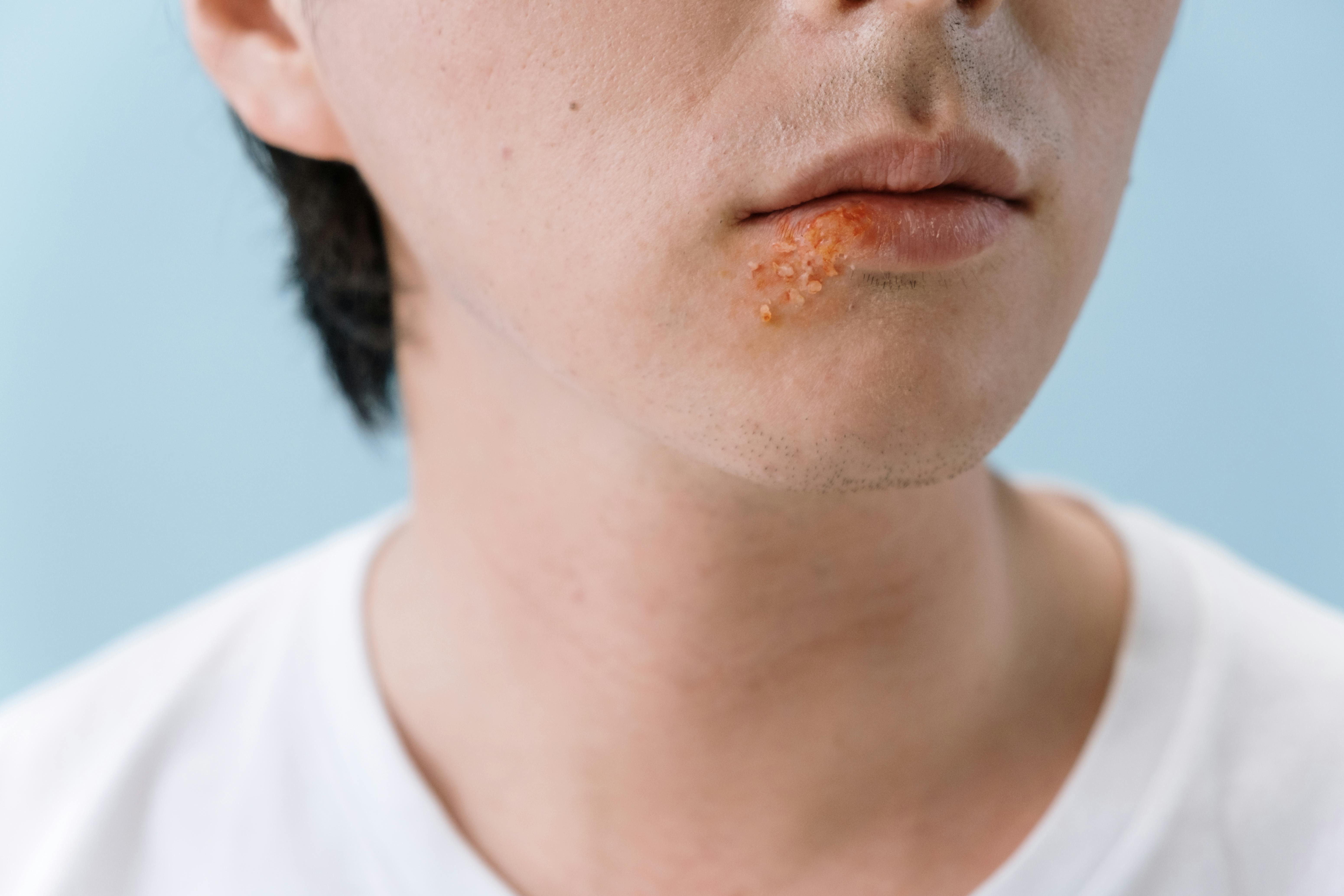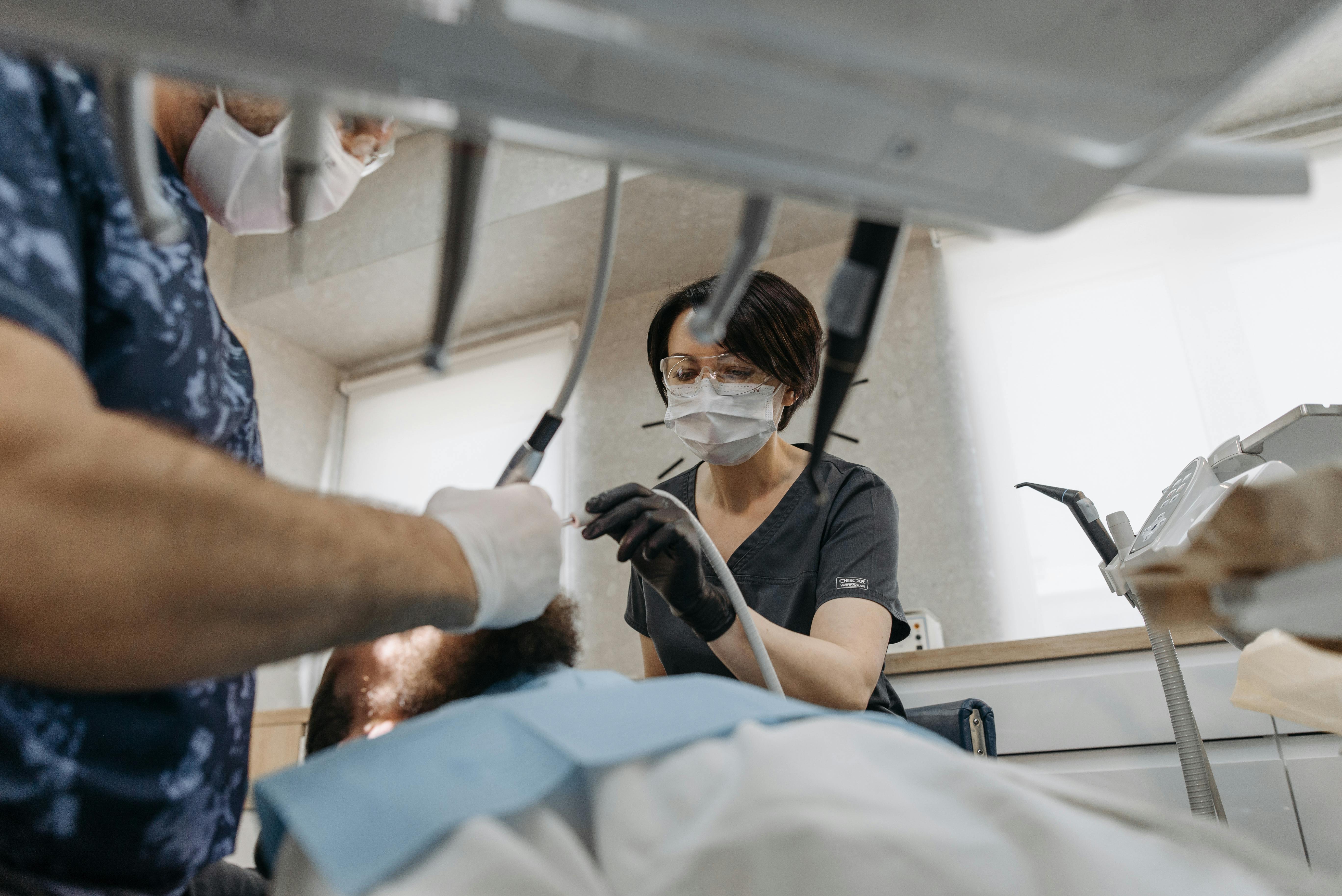Key Symptoms of Mouth Cancer to Watch For
While certain cancers capture the headlines, mouth cancer often lurks as a less-discussed yet formidable adversary, whose initial signs can be deceptively subtle and easily mistaken for minor oral issues. However, recognizing these early warnings is not just important—it can be profoundly life-altering. Though significantly linked to risk factors like tobacco use, this cancer can affect anyone, and the chasm between an early-stage discovery and a late one is vast, spelling the difference between highly successful treatment and a much tougher battle that tragically claims thousands of lives annually. Your mouth provides critical clues. Understanding these empowers you to act decisively. That's precisely why we're detailing 11 critical mouth cancer symptoms—arming you with the knowledge to recognize early signs and seek timely medical advice, a step that could truly make all the difference.
1. A Sore That Doesn't Heal

When suffering from mouth cancer, individuals often experience painful sores known as ulcers. However, broken areas of skin are not always painful, even if they are caused by cancer. They are generally yellow or red, appearing without any obvious cause, such as a sharp tooth, that needs to be addressed. If a mouth ulcer does not heal after three weeks, it needs to be examined by a physician. In many cases, a lesion is diagnosed as being precancerous. This means although the cells are abnormal, they are confined to the mouth lining. Once these cells develop below the mucosal lining, a malignancy can then progress into oral cancer.
2. Damaged Teeth

A number of studies have concluded periodontal disease, which refers to inflammatory conditions that affect various structures in the mouth (including the gums), increases an individual's risk of developing oral cancer. Periodontal disease also relates to gingivitis, where the gums swell, become painful, and may bleed; and periodontitis, where the gums can start to pull away from the teeth and cause other serious issues in the mouth. Loose teeth may also be its own independent risk factor, as mouth cancer causes chronic trauma to the oral mucosa. When biting down, some patients notice their teeth do not fit together as they once did. This can be due to a tumor on the jawbone, causing teeth to shift.
